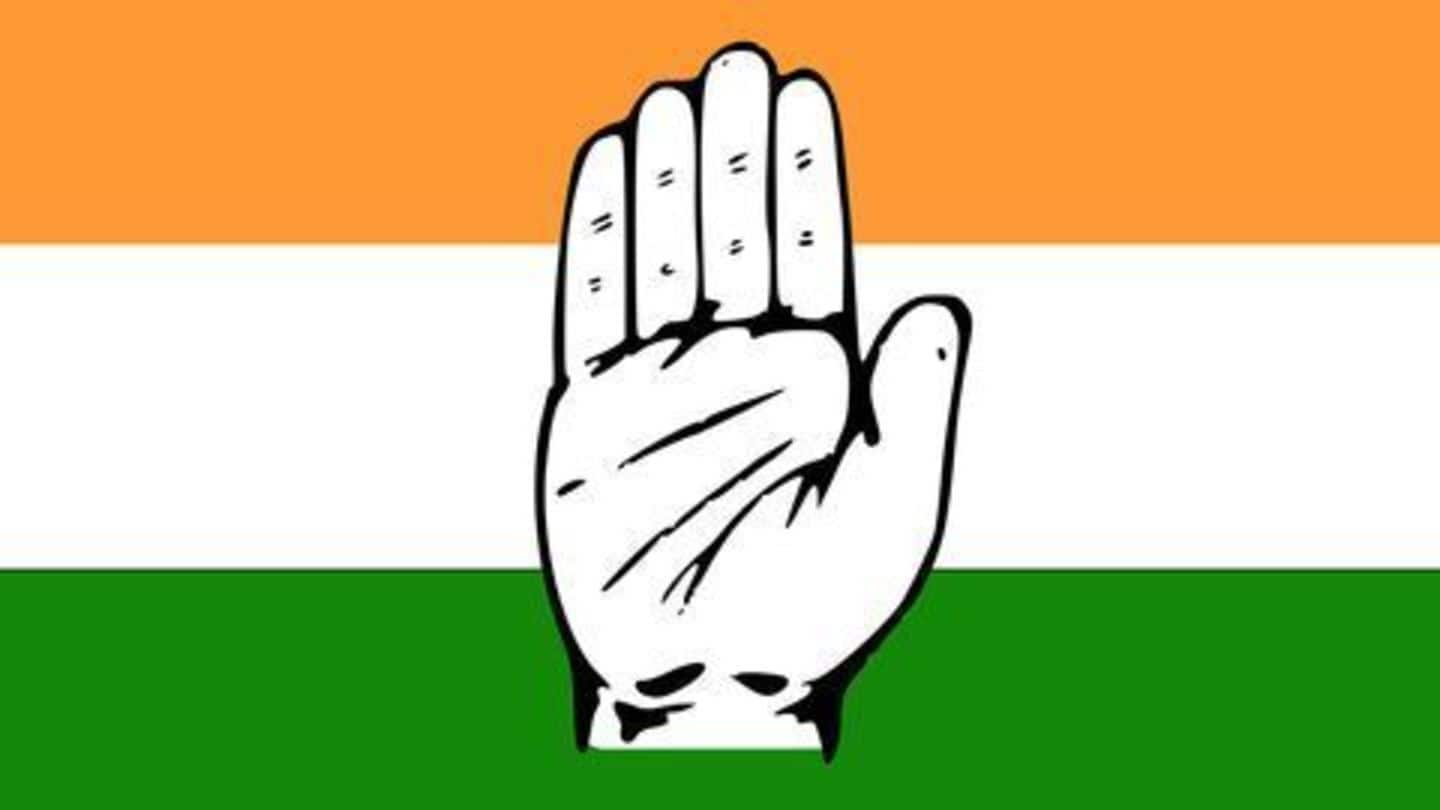
End of dynasty politics: On how Congress lost Goa
What's the story
The electoral blows suffered by Congress with the coming of the Modi wave in 2014 and Rahul Gandhi's comedy of errors have forced us to wonder if the days of dynasty politics are over.
The party further paid heavy prices for for its tactical errors, when it failed to form a government in Goa, even after securing close to a majority.
Let's know more!
Background
Dynasties in Indian politics
Representative politics in India has been dominated by political dynasties across various states and parties.
While the Nehru-Gandhi family's domination of the Congress Party is the most cited case of the same, dynasty politics is also seen with the Yadavs in UP (Samajwadi Party) and Lalu Yadav's family.
The formula had been so far successful as the dynasty's brand value had immense vote-pulling power.
Details
What happened in Goa?
Although Congress had the majority to form the government, it was too late to convey their intentions to the Governor.
Sources note that senior leader Digvijay Singh refused to accept party member's suggestion to move fast on sending a letter of intent to the governor.
Singh further failed to make solid assurances to the independents backing the party, leading them to migrate to BJP.
Internal differences
Where did they falter?
Sources note that the party had to pay heavy prices for the differences on staking the claim in the first crucial 24 hours
After BJP projected then defence minister Manohar Parikkar as the CM face in Goa, Singh opted for a secret ballot to zero in on a leader, a process unacceptable to many and later refused to declare the results.
Analysis
Has dynasty politics lost its charm?
The Nehru-Gandhi family name has helped the Congress politically thrive for many decades. Its dynast Rahul Gandhi's shortcomings has often reflected negatively on the party's vote count.
However, this by itself can't be taken to signify the end of dynasty politics in India. Irrespective of family names, brands continue to hold value (like brand Modi), and would continue to shape future political trends.